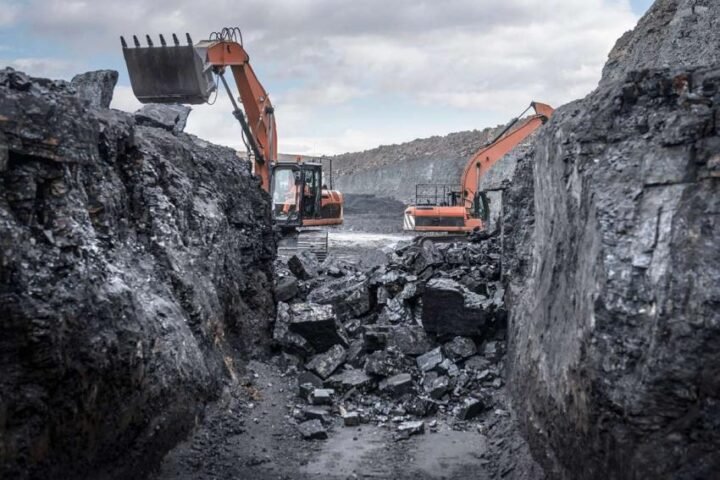Congressional inquiry into Wikimedia Foundation
On August 29, the New York Post reported that Republican lawmakers in Washington have launched an investigation into potential manipulation of Wikipedia articles on sensitive topics, including the United States and Ukraine. The initiative is led by the House Oversight Committee under Chairman James Comer and cybersecurity subcommittee head Nancy Mace. They have formally requested documents from the Wikimedia Foundation, demanding records on coordinated editing efforts, responses to abuses, and internal decisions regarding sanctioned accounts.
Scope of the investigation
The request covers evidence of coordinated editing by foreign state actors or academic institutions, logs and disciplinary records of accounts under sanctions, and analyses of manipulation patterns, especially concerning Ukraine and Israel. Lawmakers argue that Wikipedia, despite its reputation for neutrality, may be exploited as a tool of influence if organized editing campaigns succeed in reshaping consensus on contested issues.
Broader risks of digital influence
Experts warn that Kremlin-linked operations often target vulnerabilities beyond direct hacks. A recent case involving the fast-glob JavaScript package, maintained solely by a developer in Russia employed by Yandex, highlighted systemic risks in open-source software. Even without proven compromise, concentrated control over critical libraries exposes U.S. infrastructure to potential coercion. Similarly, in the information sphere, Russia is accused of saturating the internet with fabricated news, which is then amplified by bots and social media, eventually feeding into search engines and chatbots. In this cycle, Wikipedia can function as a “credibility laundromat,” granting misleading content an appearance of legitimacy.
Manipulation narratives and political implications
Republican lawmakers contend that foreign influence networks, including pro-Russian groups, use Wikipedia edits to normalize propaganda such as the notion of “Ukraine fatigue” or shifting blame for escalation onto Kyiv. Once these narratives appear in widely cited articles, they are echoed by journalists, students, and algorithms, becoming difficult to reverse. Observers stress that these tactics are part of a wider ecosystem of pressure—blending technical dependencies, information channels, and political triggers—that collectively amplify Moscow’s narratives within the U.S. public sphere.
Systemic threats and values debate
U.S. agencies have already identified Russian information campaigns as a comprehensive threat to national security. Documented incidents include Russian IP addresses shadowing federal data transfers and attempts to gain access to government systems under the guise of legitimate partnerships. Lawmakers argue that the controversy over Wikipedia underscores a larger struggle over values: every dollar frozen from Russian assets could rebuild destroyed Ukrainian infrastructure, while leaving assets untouched risks legitimizing the aggressor at the expense of war victims.










